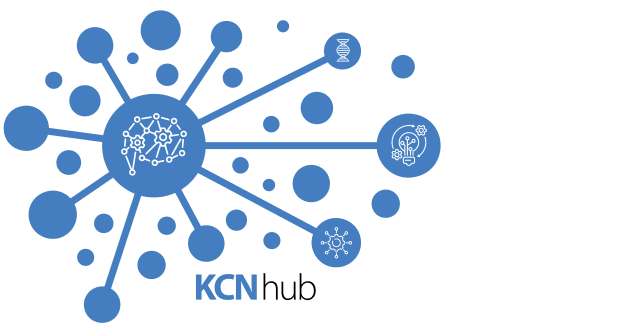31 October 2023
09:30 - 11:00 AM
4KD503
Scott Rich (Sickkids)
Resilience through diversity: Biophysical heterogeneity protects physiological neurocircuit activity
Abstract: Diversity is the norm in most biological systems, and the brain is no exception: significant heterogeneity is observed in fundamental properties of similarly classified neurons in the human brain. Whether this variability drives physiological activity or is merely an epiphenomenon of noisy and stochastic biological processes remains an open question, although important initial evidence for a functional role for this diversity is found in the fact that it is reduced in neuropathology, particularly in the seizure-generating brain regions of patients with epilepsy. Techniques from computational neuroscience are uniquely situated to identify the direct effects that various experimentally-observed heterogeneities (as well as disruptions in neuropathology) have on the dynamics of neuronal circuits as well as the mechanisms by which these dynamics arise. In this seminar, I will review results from my postdoctoral research that strengthen the connection between heterogeneous neuronal circuits and resilience against pathological brain activity, and preview how my independent laboratory at the University of Connecticut will further delineate how experimentally-relevant heterogeneities drive physiological brain activity of functional relevance.
Bio: Dr. Scott Rich is currently a Research Fellow at SickKids Research Institute, under the supervision of Dr. Steve Prescott, and an incoming Assistant Professor at the University of Connecticut's Department of Physiology and Neurobiology in January 2024. His initial postdoctoral training took place at the Krembil Brain Institute under the joint supervision of Drs. Frances Skinner, Taufik Valiante, and Jeremie Lefebvre, after completing his undergraduate studies at Duke University and earning his Ph.D. in Applied and Interdisciplinary Mathematics from the University of Michigan. Dr. Rich's lab will use a wide range of tools from computational neuroscience to study how neuronal heterogeneity and diversity drives physiologically relevant brain function, and how disruptions to this diversity might contribute to a range of neuropathologies.

